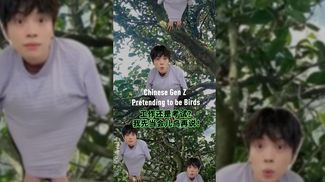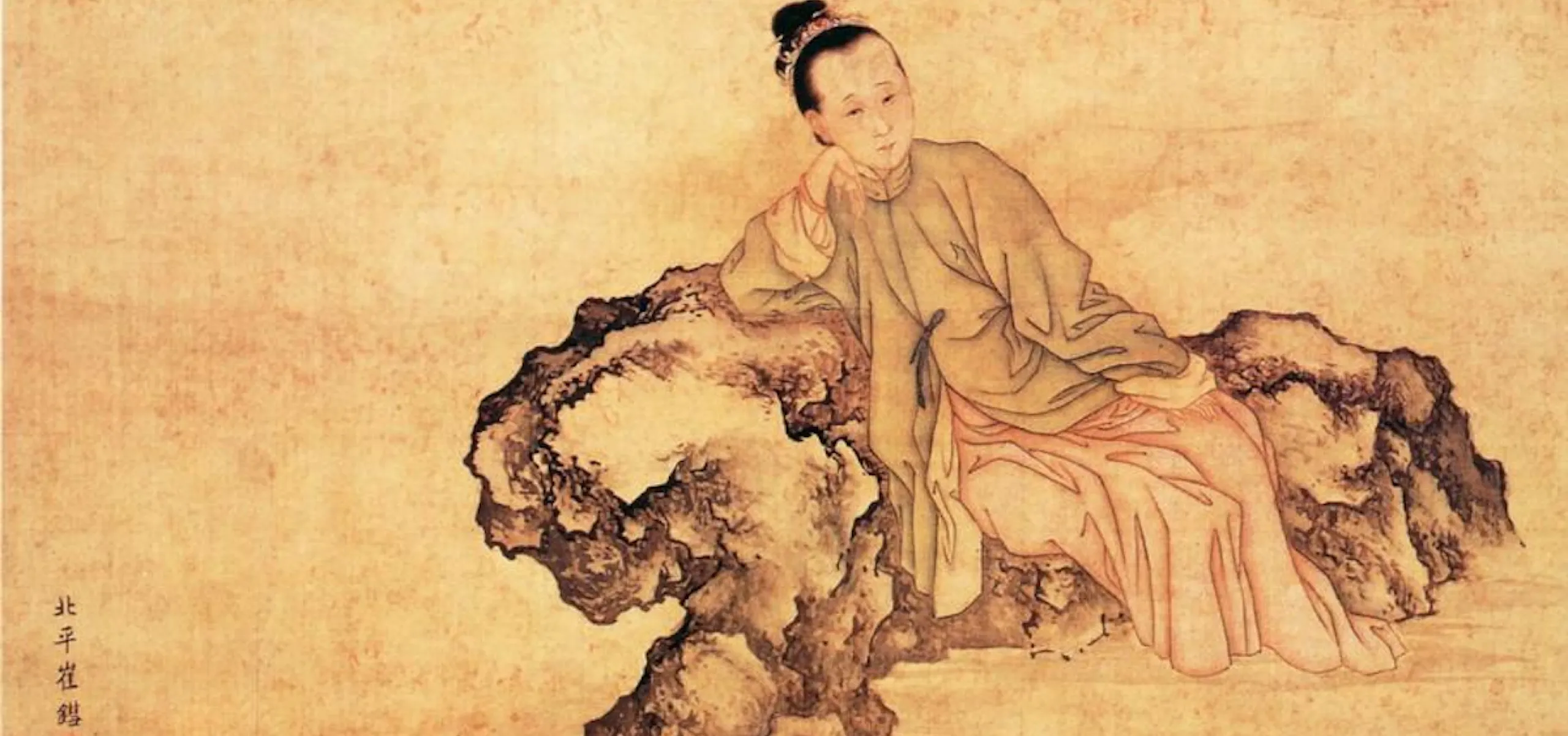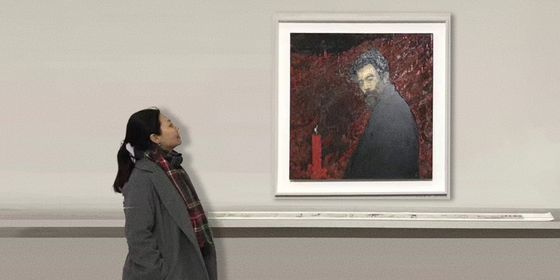Reevaluating the legacy of one of China’s greatest female poets
Poetry is one of China's greatest arts, but there's something incredibly important missing from lists of China’s greatest poets, and that is the women. Sorry, what was it Mao Zedong said? Something about “Half the sky”?
Unfortunately the history of Chinese intellectualism bears no such equal proportions. In fact there are very few respected female poets known from China's few thousand years of history at all. This makes the achievements of Song dynasty (960 – 1279) poet Li Qingzhao (李清照), famous in particular for the graceful and elegant style of her work, all the more impressive.
In many ways, it is a shame to have to frame a study of Li Qingzhao around her sex, rather than discussing her poetry in isolation. Sadly, historical context and literature are closely intertwined, and it is therefore something that cannot be disregarded or undermined. For Li wasn't just an ordinary poet, and she certainly did fight a different battle to everyone else.
The first thing to note is that comparatively little of her work actually survives today. Of the seven volumes of essays and six of poetry that Li produced, only around a hundred poems survive. This is something of an indication as to how history treats even its most talented women. It is probably not surprising that other female writers have fared even worse. In a society where they were taught to read but not write, many women destroyed their own writing, or their work was claimed by male writers without any credit.
Li Qingzhao, however, did break past that level. She has remained particularly famous for her song lyrics, or ci (词), a style of poetry characterized by lines of unequal length and specific rhyming schemes and tone patterns. They would be presented with a note of the tune to which they were supposed to be sung.
点绛唇·蹴罢秋千 Shyness
She got up after playing with the swing.
Feeling tired, she casually stretched
Her slender hands again.
Like dewdrops keep a delicate flower wet,
Her light clothes were moistened
By her own sweat.
Sensing someone was coming, in shyness,
She ran away with her unrestrained socks.
Her golden pin almost fell off.
Stopped running, she leaned against the door.
Turning her head, she sniffed a green plum
As if nothing had happened at all.
Sung to the tune of “Dian Jiang Chun (点降唇, A Touch of Red Lips).” You can search for the tune on Youtube, and there are some instrumental clips with dance performances, like this one).
Translation by E C Chang
Despite their undeniable beauty in terms of style and words, analyses of Li poems differ with regard to reading. For example, although it was simply accepted generally that the bulk of Li’s song lyrics were written in longing for her husband, who spent a lot of time away from home, more recent views have proposed that wasn't the case at all, rather she was just writing for herself (in particular, see that of Ronald Egan). These reviewers argue that Li wasn't necessarily a delicate flower, pining away for the man she was dependent on, but rather was an an active and energetic artist. She was, therefore, an iconic example of a figure who cannot and should not be considered separately from her social and historical position, but needs to be re-evaluated as our societal lens changes and develops.
Li, after all, was never one to conform to society. After her first husband died during a military invasion, she fled southwards, and later married an abusive second husband. She sought a divorce, which she successfully obtained, but not without first being imprisoned then released. In fact, this period of struggle was one of her most productive, greatly fueling her impressive artistic talent. Her audacity is further demonstrated in a group of rhyme-prose pieces with a sharp political angle. For her, many social limits could be overcome with talent.
History cannot be changed but it can be rewritten, and although a lot of her work may have been lost, Li's reputation can still be re-established. A positive spark from this point of view is this finally seems to be on its way. In fact, in China’s last two imperial dynasties, there were campaigns to restore Li’s reputation after centuries of slander, a crucial and powerful step towards the issues of widows and remarriage in Chinese society. Sadly, for someone who was naturally bound by such a difficult position, we probably can't hope to fully understand her or who she 'really' was. But we can look at history, at her struggle for acceptance, for women and for pure unbiased talent, and most of all — we can enjoy her work.
Looking for more interesting poetry by female artists? Try the Palindrome Poet.













